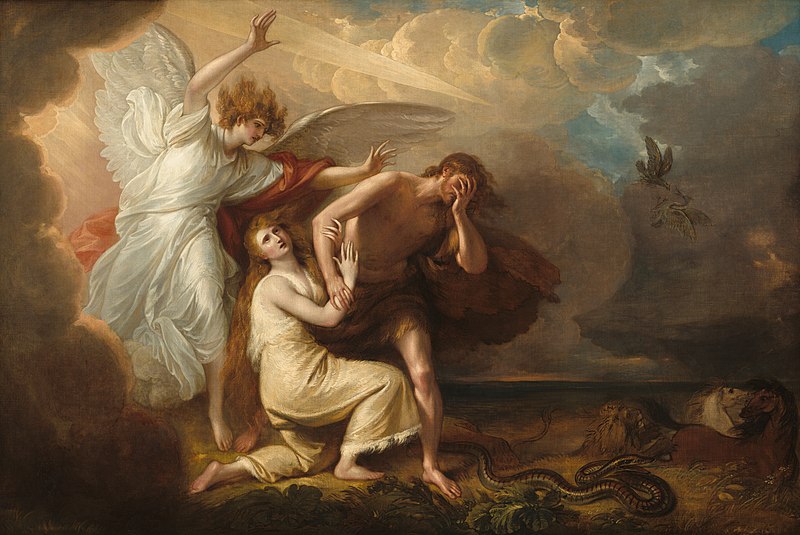
Not-self and free-will condition human existence. We learn with Existential-Buddhism that true happiness and freedom are found with self-control and morality.
In his masterwork, Being and Nothingness, the existential philosopher Jean Paul Sartre states:
We have shown that freedom and the for-itself’s being are just one and the same: human reality is free precisely to the extent to which it has its own nothingness to be. (Being and Nothingness, pg. 594)
It is because consciousness is not anything that it is free to become anything. Not-self and free will are like the two sides of the same coin.
We have already shown that the Nothingness is the Not-self of Buddhism. The Buddha found that the correct elucidation of the pure knowing awareness can only be expressed negatively.
This freedom of being nothing, the Buddha found, is also what conditions our suffering because we constantly seek to define our being as something that we can never be. As Satre points out:
Thus this pure subject whom I am unable, by definition, to know—i.e., to posit as an object—is always there, out of reach and without distance, when I try to grasp myself as an object. (Being and Nothingness, pg. 369)
We also discussed in the article on “Kant’s Moral Law” that this unconditioned existence conditions our sense of morality. This is because we are free to be as good or as evil as we want. The philosopher Emmanuel Kant found that freedom and morality reveal each other:
It is therefore the moral law, of which we become directly conscious. . . that first presents itself to us, and leads directly to the concept of freedom. . . Thus the moral law expresses nothing else than the autonomy of the pure practical reason. (Critique of Practical Reason, pg. 25-27).
Pure practical reason is a decision to act morally not based by any desire. Which means that we decide to be moral out of pure freedom will.
Most of the suffering of humanity is caused by the misunderstanding of what brings about true happiness. We squander the gift of free will by chasing desires that can never bring about lasting satisfaction, and in fear of the freedom of others. In fact, we end up chained to our cravings
As a result, suffering is the primordial price we pay for our freedom. As Sartre solemnly states:
I am condemned to exist forever beyond my essence, beyond motives and reasons for my action: I am condemned to be free. In other words, we cannot find any limits to my freedom other than itself or, alternatively, that we are not free to cease to be free. (Being and Nothingness, pg. 577)
We find true freedom and happiness with self-restraint, wisdom, and morality: that is Enlightenment.
